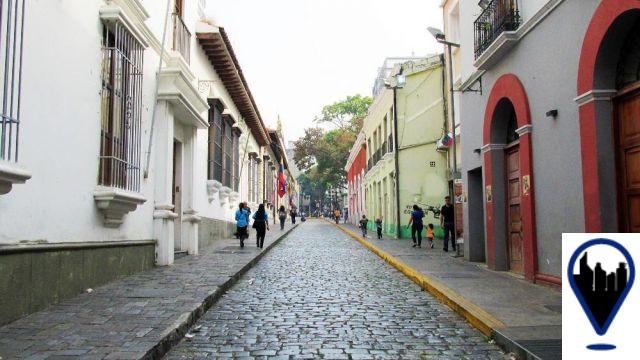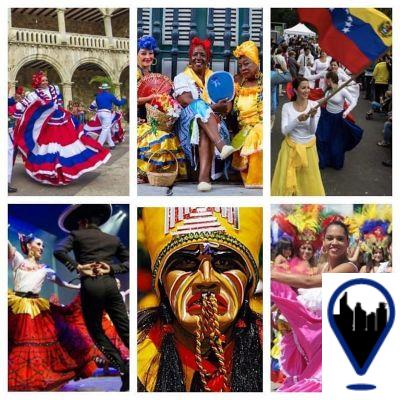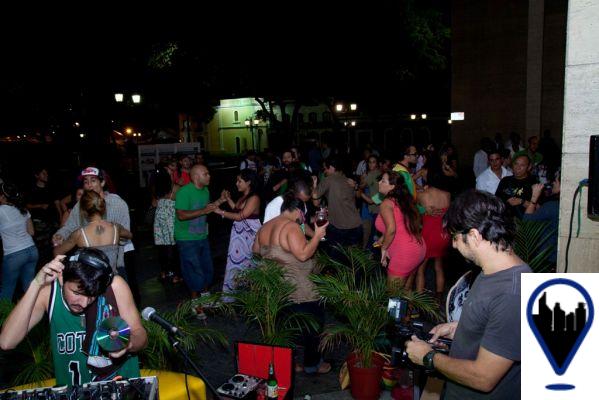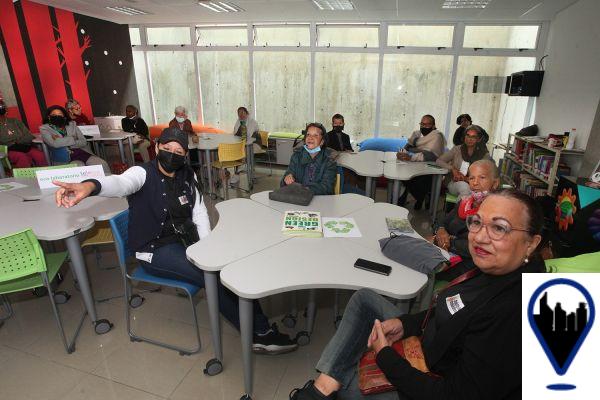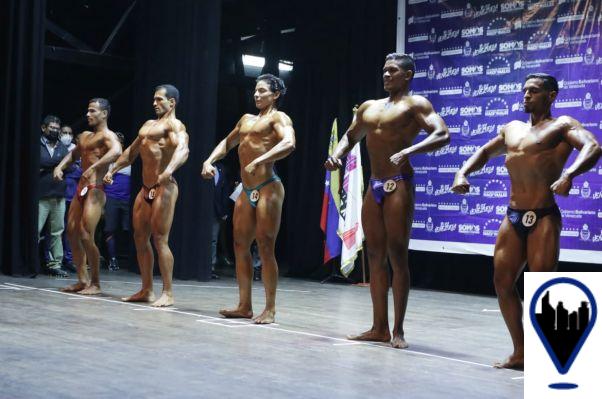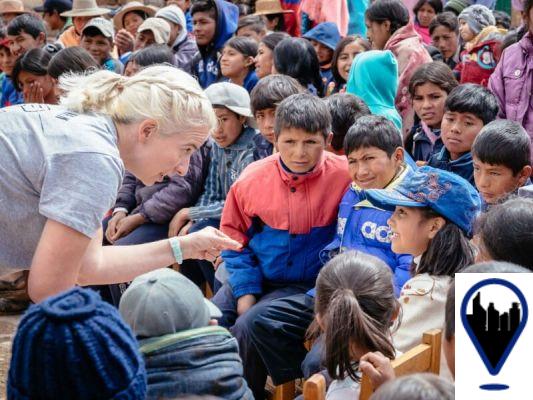 Solidarity: Volunteering and Community Aid Actions
Solidarity: Volunteering and Community Aid Actions
Solidarity: Volunteering and Community Aid Actions
Community volunteering has contributed to overcoming political confrontation and social indifference in Venezuela. A research developed during two years in Venezuela identified the profile of volunteerism in humanitarian action, its capacities, contributions in social mobilization to save lives and contributions to the reconstruction of social ties at the community level. The researchers affirm that volunteering and the different expressions of solidarity have given concrete answers, from the individual to the collective contribution, to sustain life, build new capacities and learning at the community level, as well as to rebuild a sense of union, common purpose and fraternity, which for many years were affected by political conflict and social violence. This research counted with the participation of 2,500 people in 23 states of the country, belonging to the organization Caritas de Venezuela.
Historical context and evolution
- The practice of volunteering has intensified in recent years in Venezuela to respond to urgent needs.
- 92% of the participants in the research declared having a recent volunteering experience, with a range of permanence in volunteer groups of the studied organization from 6 months to 5 years.
- More than 70% of the participants state that the social contribution of volunteering in the solution of priority problems in their community is high.
- The main activities identified in community volunteering in Venezuela were the preparation/provision of food (54.1%) and health days/provision of medicines (59.26%). In addition, 18% reported community learning activities related to domestic sanitation and safe water management.
- It is estimated that volunteers dedicated to humanitarian activities in the Caritas organization in Venezuela contribute more than 15 million man-hours per year, based on a base of 30 thousand volunteers and time donated to volunteering.
Analytical Perspectives
The research revealed that community volunteering in Venezuela is mainly made up of women (80%) and is located in the interior of the country. In addition, it has a high level of education, with 67% of the participants having a university education. The mobilization and organization of people in volunteer activities has occurred organically and participation has been free, oriented to the common good and without expectation of retribution. Seventy-seven percent of the participants in the survey have integrated one or more people into their volunteer group.
Perspectives for the future
Researchers recommend preserving the social capital built in the communities during volunteer practices, from the first line of care. They suggest a greater emphasis on the care and management of volunteers, considering activities for emotional care, the management of relationships within the group and the participants' own motivation. In addition, it is emphasized that citizen participation will be key to face a world with greater emergencies. Decision makers and public policy makers must adapt their articulation dynamics to ensure more horizontal practices that guarantee a greater and real participation of volunteers in the preparation, response and recovery phases.
In summary, community volunteering in Venezuela has been fundamental to overcome political confrontation and social indifference. It has contributed to sustaining life, building capacities and learning at the community level, and rebuilding social ties. The research conducted has identified the profile of volunteerism, its contributions and the importance of preserving the social capital built. In the future, it is expected that citizen participation and volunteer care will be key to face emergencies and ensure greater participation in the different stages of response and recovery.



